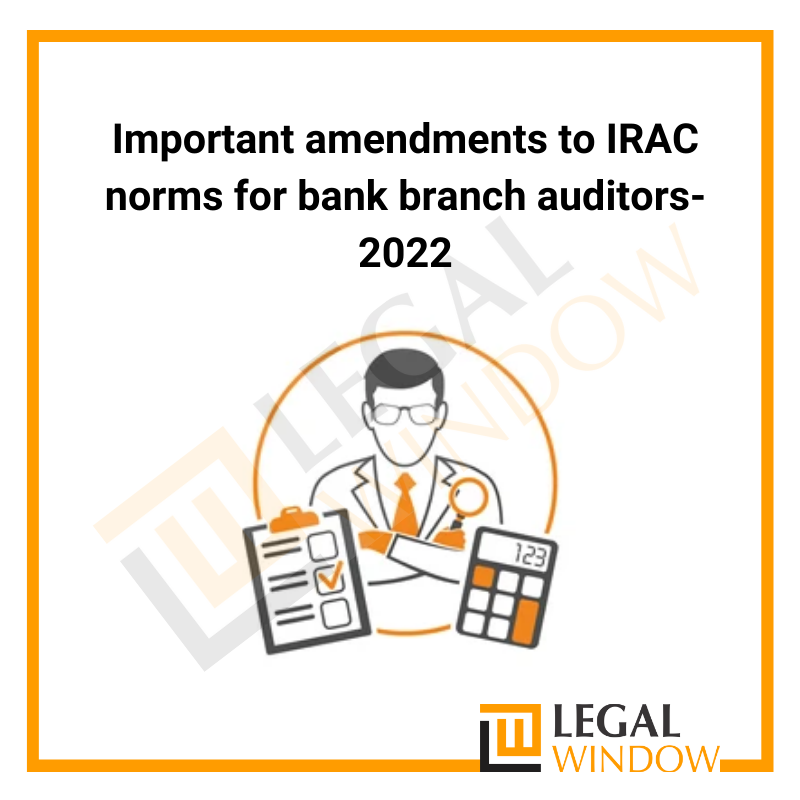Latest Post and Updates

The phrase "box office" may be dated back to the early Elizabethan era. When the general people used to attend to theatres to see plays, they were given seats on the ground level, commonly known as the 'pit.' Private boxes on the balcony were available for the wealthy class. Tickets…
Are you also, looking for filing up of invoice of business? In that case you have landed up on the right place. The submission of 'e-Way Bills' on the unified GST platform facilitates the delivery of products from one location to another. Similarly, in its 35th meeting, the GST Council…
When one fiscal year finishes and a new one begins, it serves as a reminder to all company’s registered in India to mark their calendars for all of the crucial due dates for Company Annual Filing. Be it a Private Limited Company or a Public Limited Company, a Small Company…
Company annual filing refers to the completion of the audited annual financial statements of the Company and the report of the Directors and the company's annual return with the Registrar of Companies. This annual supplement is mandatory for every registered Company regardless of whether the Company does business or not.…
Exemptions, rate rationalisation, expansion of relaxations to Covid supply, exports, ITC, debit notes, late penalties, inclusion of specific items / services in tax net, and other decisions were made by the GST Council. The information is contained on the inside pages of this newsletter. All such recommendations will be carried…
When it comes to banks, we are all about banks and the system it provides when you visit or open a bank account. Bank and money are the words we commonly use in our daily lives, when we put our money in the bank we take it as the safest…
The government introduced the Gold monetisation plan in 2015 with the goal of mobilization Gold and facilitating its usage for economic purposes, which would also assist reduce India's reliance on Gold imports in the long term. India is the world's second-largest Gold importer. The implementation of the Gold programme will…
Sukanya Samriddhi Yojana (SSY) started to provide Indian girls equality and freedom in terms of features and benefits. It offers great tax benefits as well, as well as is a reliable investment option. This article discusses Sukanya Samriddhi Yojana and tax benefits. Table of contents Sukanya Samriddhi Yojana Tax Benefits…
Prior to 1992, banks used to recognize interest on the whole portion of loans and advances, regardless of whether each loan advanced was good or poor. As a result, the following drawbacks have occurred. Banks formerly recognized interest on bad loans. Due to recognition of Interest on Income on full…
The Foreign Exchange Management Act, 1999 was enacted by the Indian Central Government to facilitate external payments and cross-border trade in India. FEMA (Foreign Exchange Management Act) was enacted in 1999 to replace FERA (Foreign Exchange Regulation Act) (Foreign Exchange Regulation Act). FEMA was created to address all of the…
Categories
- Agreement Drafting (23)
- Annual Compliance (13)
- Change in Business (37)
- Company Law (150)
- Compliance (90)
- Digital Banking (3)
- Drug License (4)
- FEMA (17)
- Finance Company (42)
- Foreign Taxation (9)
- FSSAI License/Registration (15)
- GST (124)
- Hallmark Registration (1)
- Income Tax (214)
- Latest News (36)
- Miscellaneous (170)
- NBFC Registration (8)
- NGO (18)
- SEBI Registration (6)
- Section 8 Company (10)
- Start and manage a business (27)
- Startup/ Registration (134)
- Trademark Registration/IPR (48)










